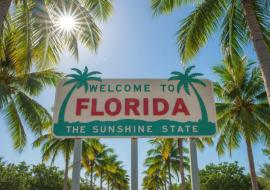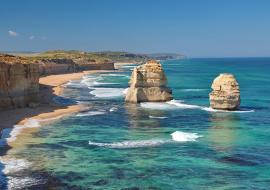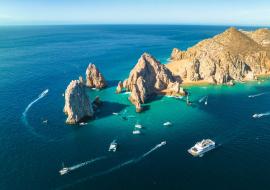7 Stories that Shaped Caribbean Travel in 2019

by Jorge Coromina
The year that is now winding down was full of major events and headlines for tourism in the Caribbean, and Caribbean News Digital brought all the developments to its readers, especially those that came to pass in the region in terms of travel.
There were many newsworthy pieces of information, but the coming of a new year with all the festive atmosphere that surrounds it, coupled with growing need to summarize all this much information make us wrap up the year in seven news events that certainly shaped travel to the Caribbean in 2019. So, let's get started:
Travel to Cuba Nearly Off Limits for Americans... Again
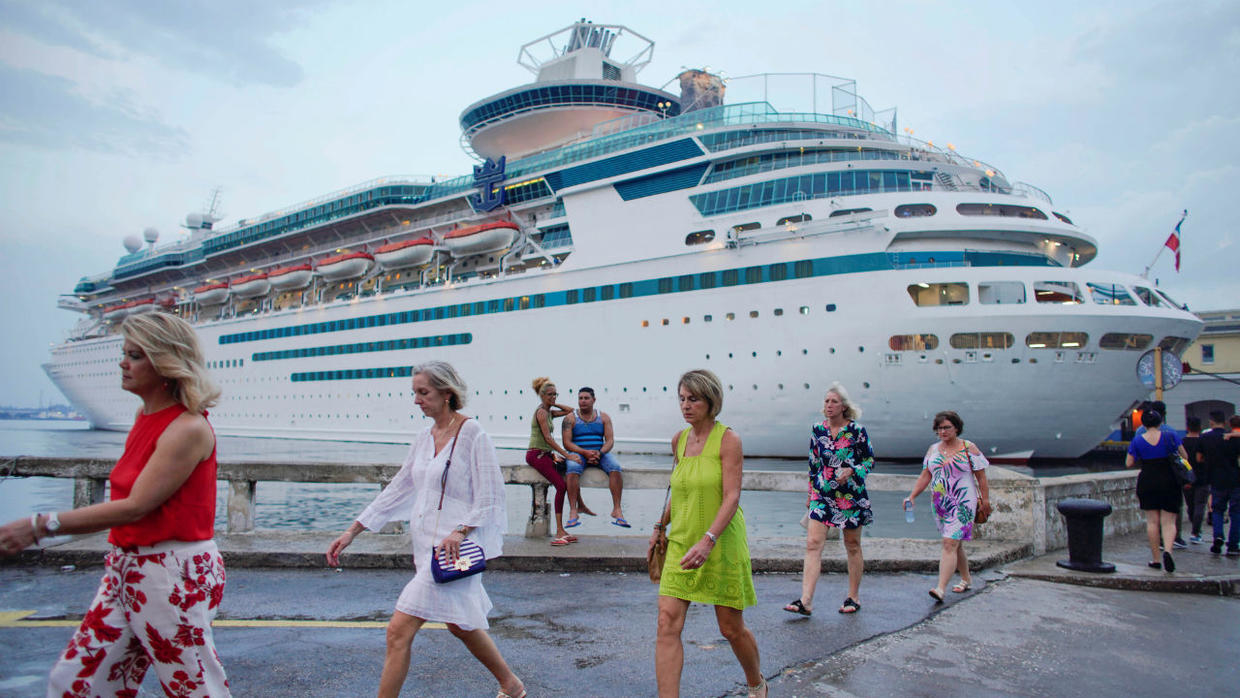
The news fell like a bombshell in early June: Trump made cruise ship travel to Cuba illegal, a policy change so abrupt that ships covering the route to Havana had to change course and make adjustments to their year-end financial statements.
The decision came three years after the Obama administration had relaxed regulations, allowing the first U.S. cruise ship in more than 50 years to dock in Havana in 2016. Cruise ships quickly became a popular way to visit the island. In 2018, 800,000 visitors arrived by sea, a 29% increase over 2017, according to Cuba's Ministry of Tourism.
The decline in the policy took its toll on both the travelers who booked on Cuba's cruise ships and those on the lines. The financial impact on the cruise industry is estimated to have resulted in a loss of nearly US$200 million this year alone.
The new policy also eliminated the "person-to-person" category of authorized travel to Cuba, which at first appeared to be the death sentence for travel to Cuba. But many operators were able to move forward, modifying their itineraries under different categories of authorized travel to Cuba, such as "support for the Cuban people.
The airlines dodged the Cuban bullet in June, but were the next casualties in the line of fire. In late October, Washington banned U.S. flights to all Cuban cities except Havana.
The administration did not destroy travel to Cuba in 2019, but its continued assault on Cuban tourism managed to sow confusion and dampen demand.
Mysterious Deaths in the Dominican Republic

Early summer headlines were relentless: "Mysterious Tourist Deaths in the Dominican Republic"; "11 American Tourists Dead in Dominican Republic in 2019". "Should you cancel your trip?" The most commonly assumed culprit was the contaminated alcohol in the minibars of the rooms in the country's all-inclusive resorts.
But in the end, it was the scandal that wasn't. Four months later, the FBI revealed that toxicological tests showed that all the deaths in question had been of natural causes.
But by then, the damage had been done. The number of visitors to the Dominican Republic plummeted, leading to layoffs in the tourism sector and placing a financial burden on travel companies such as Apple Vacations, whose president, John Tarkowski, said: "Half-truths, mass media and social networks have not only had a huge impact on our businesses, but also on the lives of workers in the destinations to which we send customers. And it's tragic, honestly.
Today, the Dominican Republic, with the support of its communications machinery and with media outlets like Caribbean News Digital, has begun to reverse the campaign, but as we enter the year 2020, there is still much to be done.
The Collapse of Thomas Cook... and Other Tour Operators
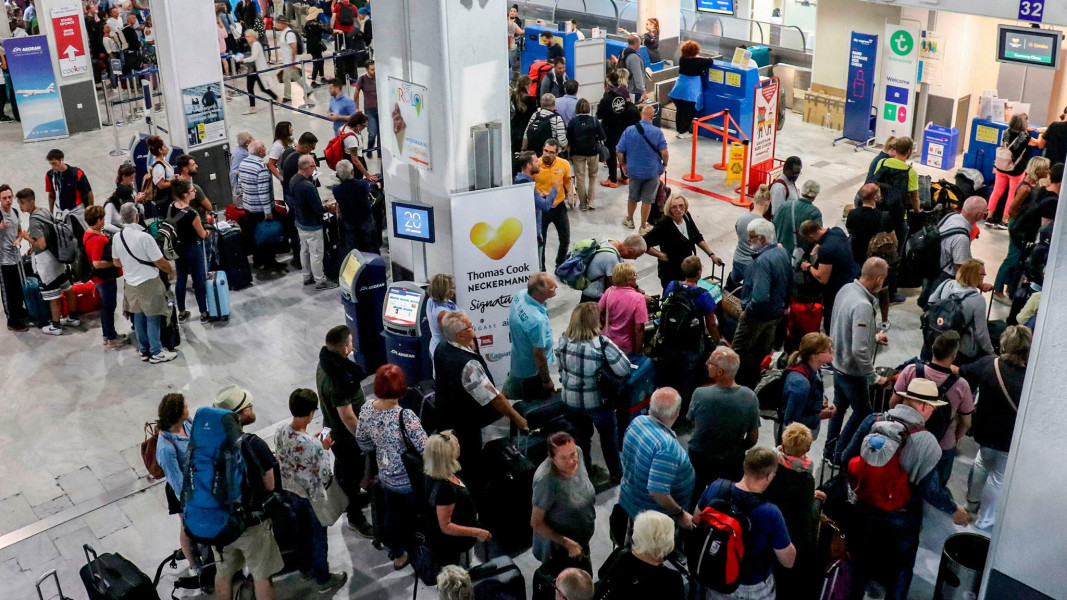
In September, British giant Thomas Cook suddenly shut down its operations, causing such a massive impact that British authorities had to undertake their largest peacetime repatriation effort to bring home more than 150,000 travelers who had been stranded by the company.
But Cook was not the first or the last tour operator to shut down in 2019. His disappearance was followed by the collapse of Cox & Kings, which said it could not pay suppliers for trips already booked.
And earlier this year, it was the saga that grabbed the headlines at JG Worldwide, the parent company of the now-defunct luxury tour operators Heritage Tours and Revealed America. JG not only went bankrupt in 2019, but blamed its failure on Virtuoso in a lawsuit filed this fall, which the luxury consortium has called unfounded.
The trio of failures raised questions about whether the closings were a coincidence or indicated underlying problems within the industry. Large companies, such as the Globus family of brands, Trafalgar and Abercrombie & Kent, were quick to tout their strengths, and analysts pointed to the underlying problems in each of the condemned companies that had led to their downfalls.
Sargassum Washes Ashore the Beaches
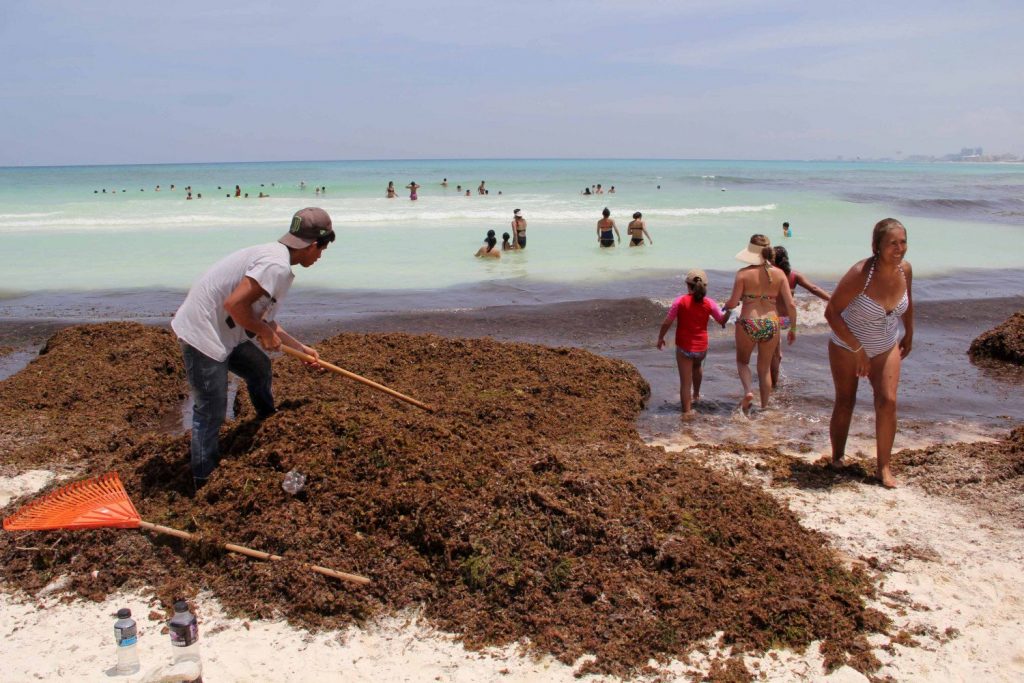
The Dominican Republic was not only affected by sensationalist press reports, but was also among the victims of what became the summer of sargassum, the smelly brown algae that kept vacationers off the beaches in parts of Florida, the Caribbean and the coasts of the Riviera Maya and Cancun.
Sargassum has plagued the region's beaches from time to time for several years, but the severe outbreak in 2019 forced resorts and local governments to take extreme measures to deal with it, such as installing costly coastal barriers to catch and redirect the algae, and measures to educate travelers, including webcams with live images showing the beaches free of sargassum.
The impact was such that the sargassum was partly to blame for the significant drop in Mexico's second quarter hotel parameters, such as the RevPAR, average daily rate and occupancy, all of which reached their lowest level since 2013.
Cruise Lines Break into Private Islands
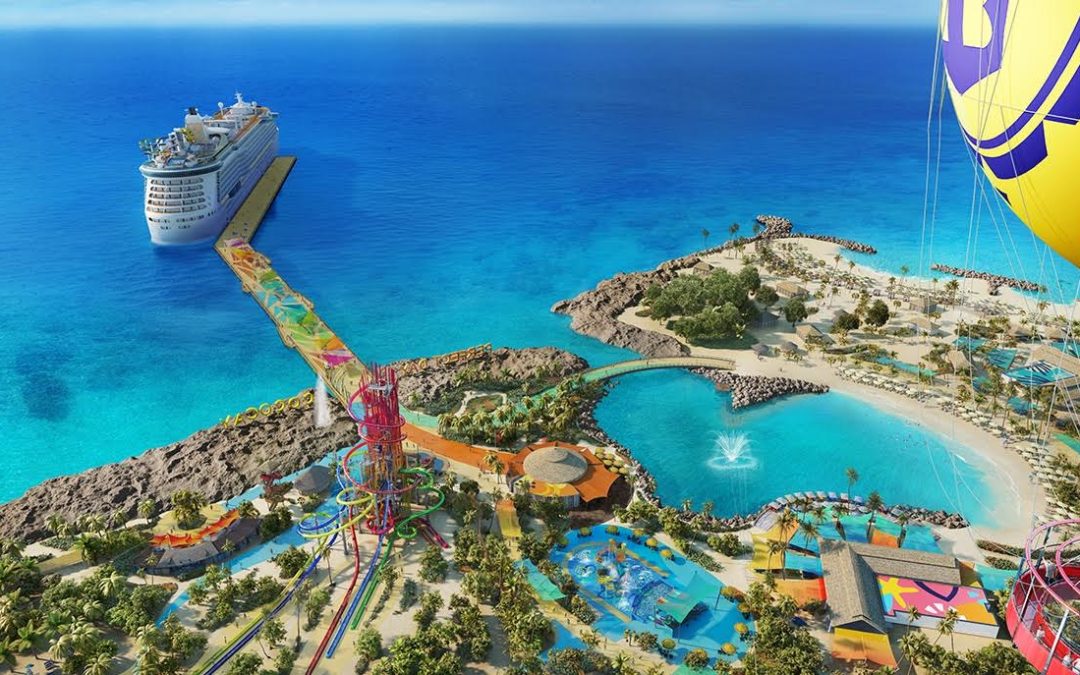
Every year, cruise ships have been incorporating details and attractions that steal the show from the maritime industry. This year has been different, with some of the most exciting innovations located on land rather than on board the ships.
In 2019, private cruise destinations literally reached new heights. In May, Royal Caribbean International inaugurated the first of five private destination experiences to be called "Perfect Day.
Perfect Day on CocoCay, a $250 million improvement on an island that Royal's ships have been visiting for years, now features the 135-foot Daredevil Tower, with seven water slides, the largest swimming pool in the Caribbean and a helium balloon ride that rises 400 feet.
MSC Cruises took a different tack with its new private island in the Bahamas, designed to offer guests "an authentic natural island of the Bahamas. The Ocean Cay MSC Marine Reserve has seven beaches, two lagoons and a lighthouse, but will not have slides, zip-lines or amusement park rides.
Norwegian Cruise Line opted for opulence with its recently opened, super-exclusive Silver Cove area on Great Stirrup Cay, where beachfront villas cost up to $1,100 per day and guests enjoy a private beach and Moet Bar.
Real estate improvements have compelled cruise lines to be creative: Royal and MSC are already opening their islands to nightlife. And while the Virgin Voyages beach club destination in Bimini won't open until 2020, the line has already announced plans for Fire and Sunset Soirees.
All of these differentiated island offerings mean that, from now on, passengers can choose a cruise based not only on their on board product, but also on the private island experience.
The Closure of the Mexican Tourism Board

In 2019, the government of Mexico dissolved its tourism promotion wing, the Mexican Tourism Board (MTB), and transferred its budget of $300 million dollars to the construction of a railway line in the Yucatan Peninsula.
It closed the 21 international offices of the MTB and doubled tourism promotion in Mexican embassies, whenever possible. But the move came at a bad time for tourism in Mexico.
Air arrivals in Cancun declined in January, the first decline in any month in nearly seven years, and tourism companies like Apple Leisure Group (ALG) and Pleasant Holidays reported that Mexico was down or not growing.
The executive president of ALG, Alex Zozaya, attacked the measure earlier this year and predicted that tourism would be affected, a statement that seemed to validate this December when he said that ALG would freeze up to $600 million dollars in investments in Mexico due to a drop in tourism, which he attributed in part to the closure of the MTB.
Marriott Embarks on the All-Inclusive Mode
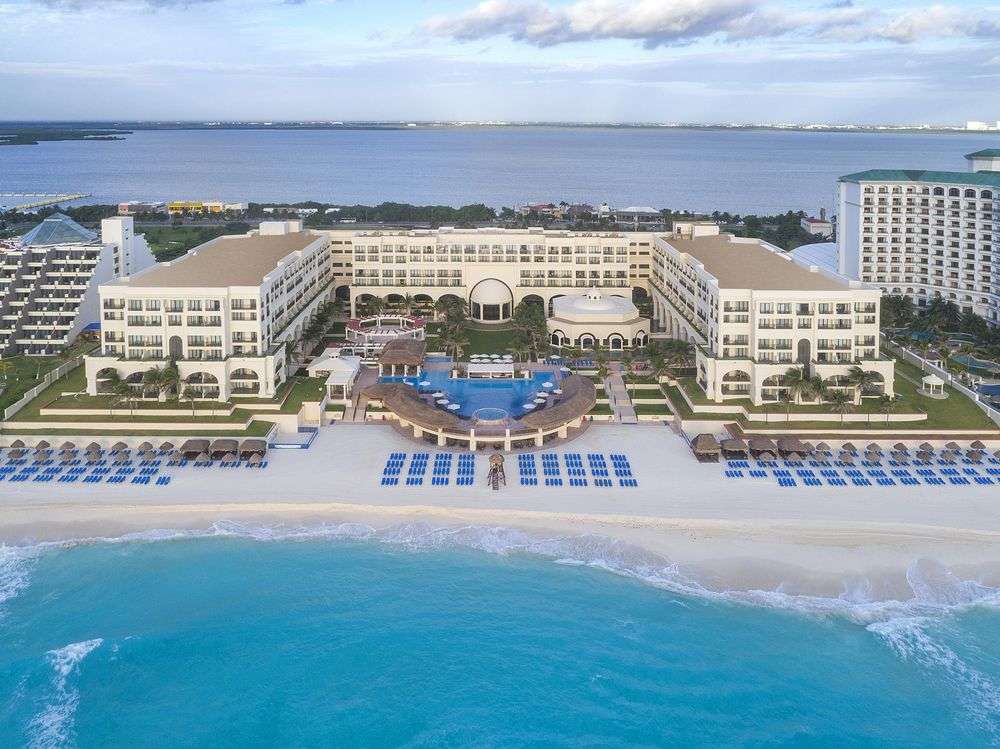
In 2019, the world's largest hotel company spread its huge wings. Marriott launched an all-inclusive package in the Caribbean and Mexico, closing deals for five new all-inclusive resorts in the Dominican Republic and Mexico under its Ritz-Carlton, Westin, Autograph Collection and Marriott brands.
This announcement was followed by agreements to acquire Elegant Hotels Group, owner and operator of seven facilities in Barbados with the intention of operating them all in the all-inclusive mode. In November, Marriott said it would build all-inclusive resorts in Jamaica and Curaçao.
Given the growth of the industry, experts called the move belated, and Marriott CEO Arne Sorenson said of the all-inclusive hotels, "We know it's becoming increasingly popular.
But this was not Marriott's only foray into finding new forms of accommodation. In late April, the company launched a holiday rental platform, Marriott International Homes & Villas, indicating its willingness to compete with Airbnb.









